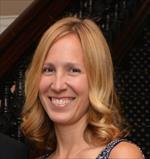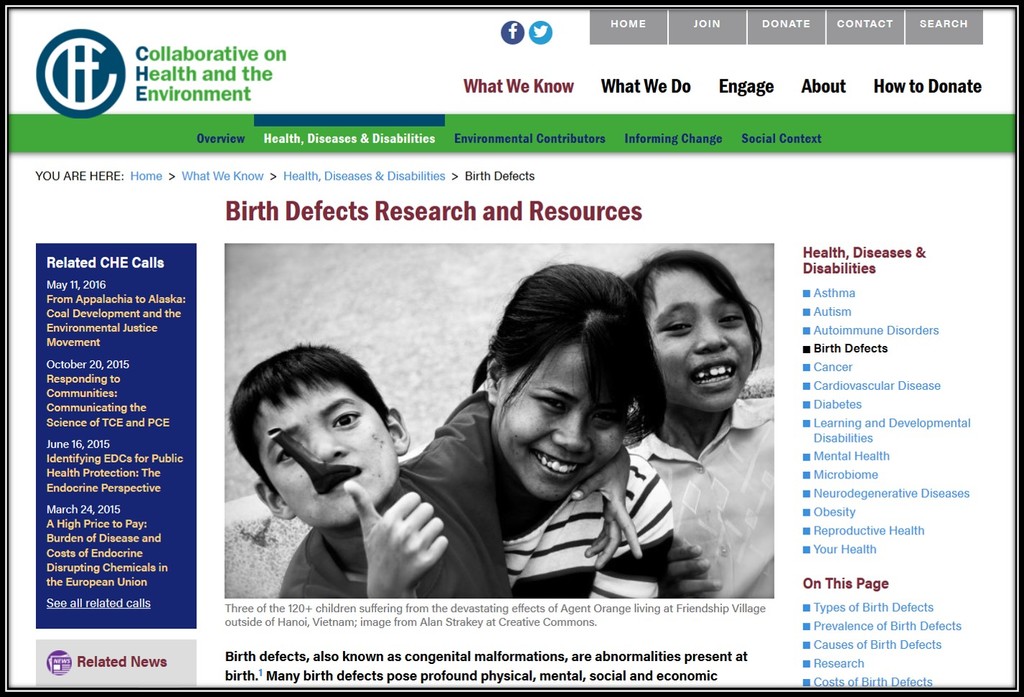Blog
Post category: socioeconomic environment
2018
What’s new
Meet our 20 Pioneers under 40 in Environmental Public Health: Amy Padula, PhD, MSc
 Amy Padula, PhD, has devoted much of her work to looking at how the air we breathe can impact health.
Amy Padula, PhD, has devoted much of her work to looking at how the air we breathe can impact health.
“Most of my work has been focused on air pollution exposures during pregnancy and how it affects the baby,” Dr. Padula says.
Air pollution affects everyone, but she has a unique and interesting reason why her work has focused on women who are pregnant and their children.
“We look at pregnancy because it is the special time when there is a lot developing and a lot happening. As humans, we are very vulnerable during this period of development and, in a way, during pregnancy, babies can be considered canaries in a coal mine because they develop so fast that if there are adverse changes to their development, we are able to see them more quickly than, for example, increases in mortality over 60, 70, or 80 years,” Dr. Padula explains. . . .
2017
What’s new
The WHO’s World Health Day Focuses on Mental Health
Every year the World Health Organization (WHO) celebrates the anniversary of its founding by mobilizing around a specific health topic. This year, on April 7, 2017, the WHO will focus on the theme of depression. You can learn more on the WHO's website today. CHE has more resources on environments that can influence your risk for depression including the psychosocial, socioeconomic and built environments. Click on each to learn more.
2017
What’s new
New Webpage: Birth Defects
 Our new webpage offers an overview of exposures, prevalence, prevention strategies, economic impacts and ethical issues regarding birth defects. Find out more by viewing our web page today!
Our new webpage offers an overview of exposures, prevalence, prevention strategies, economic impacts and ethical issues regarding birth defects. Find out more by viewing our web page today!
2016
Newsletter essay
What’s new
CHE Needs Your Support to Provide Science You Can Count On
"One cannot be concerned just with civil rights. It is very nice to drink milk at an unsegregated lunch counter—but not when there's strontium-90 in it."
-Martin Luther King Jr.
|
We're delighted to announce that a very generous CHE partner, who wishes to remain anonymous, has offered to match donations to CHE up to a total of $2500 if they're made by December 31st! Please donate now and double your contribution to CHE so we can continue to bring you uncompromised science for a healthier future for all! |
Martin Luther King, Jr., was a systems thinker. He knew our health is impacted by all kinds of interacting factors—from racism to toxic exposures. He made clear that we can't fight to eradicate one concern without addressing multiple others if we're ultimately going to have a just and healthy society for all. . . .


